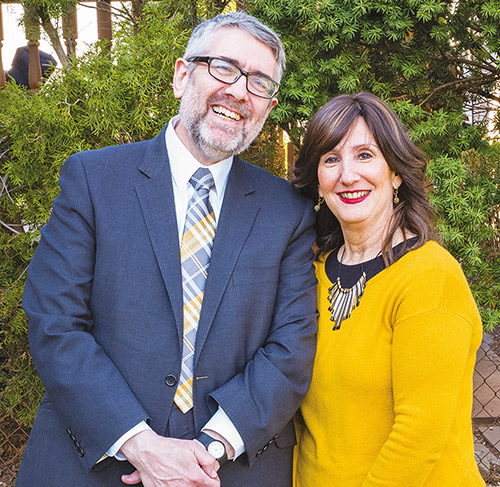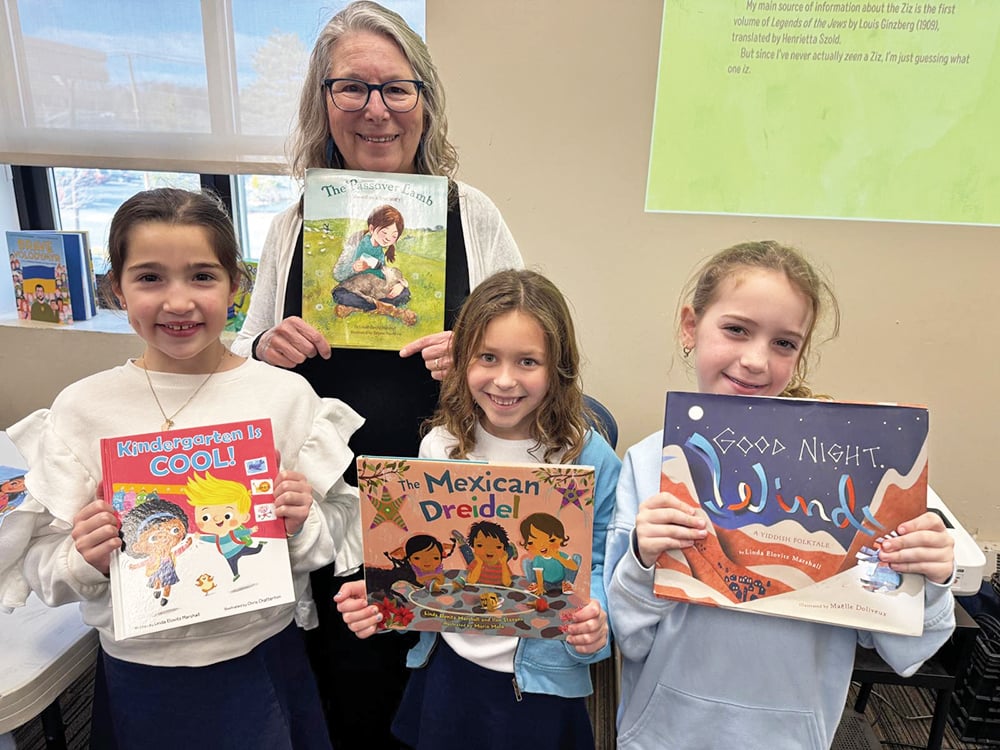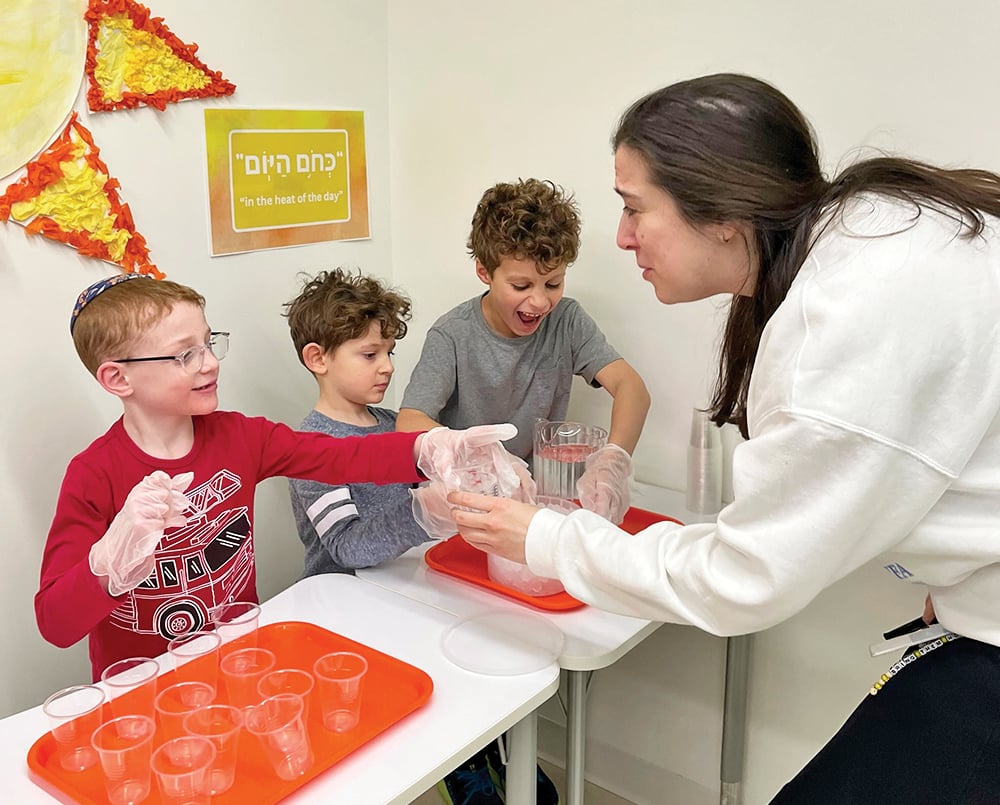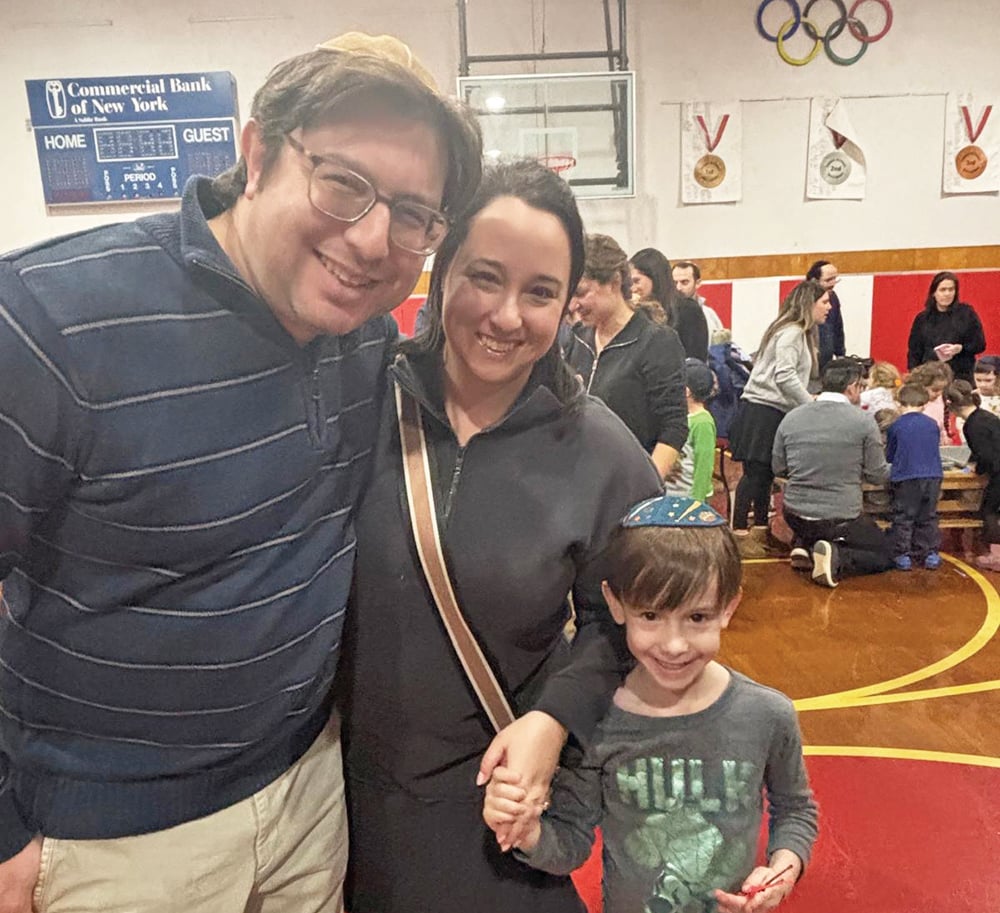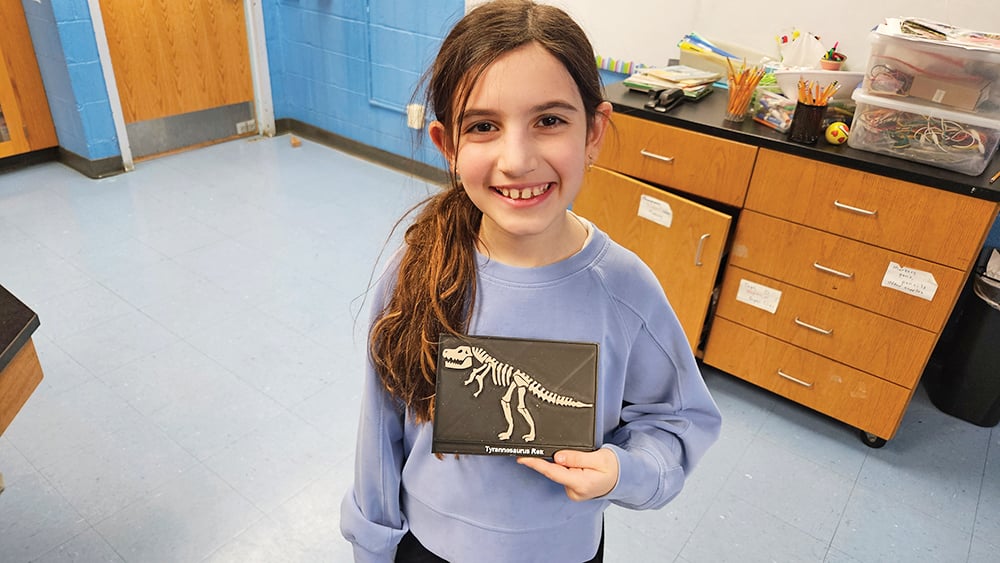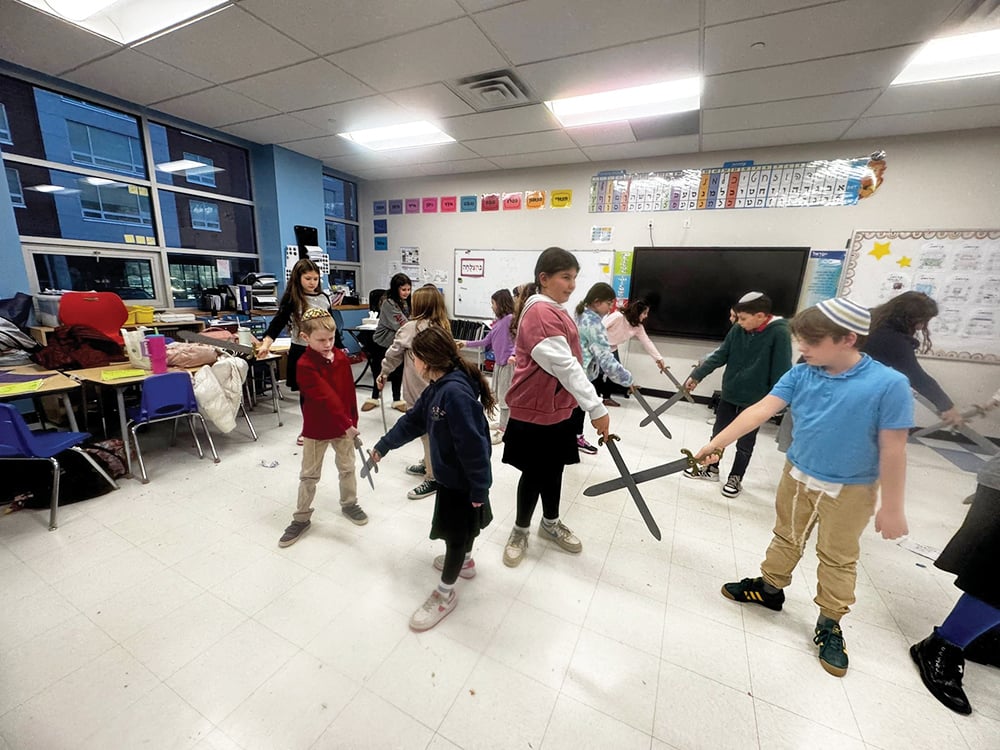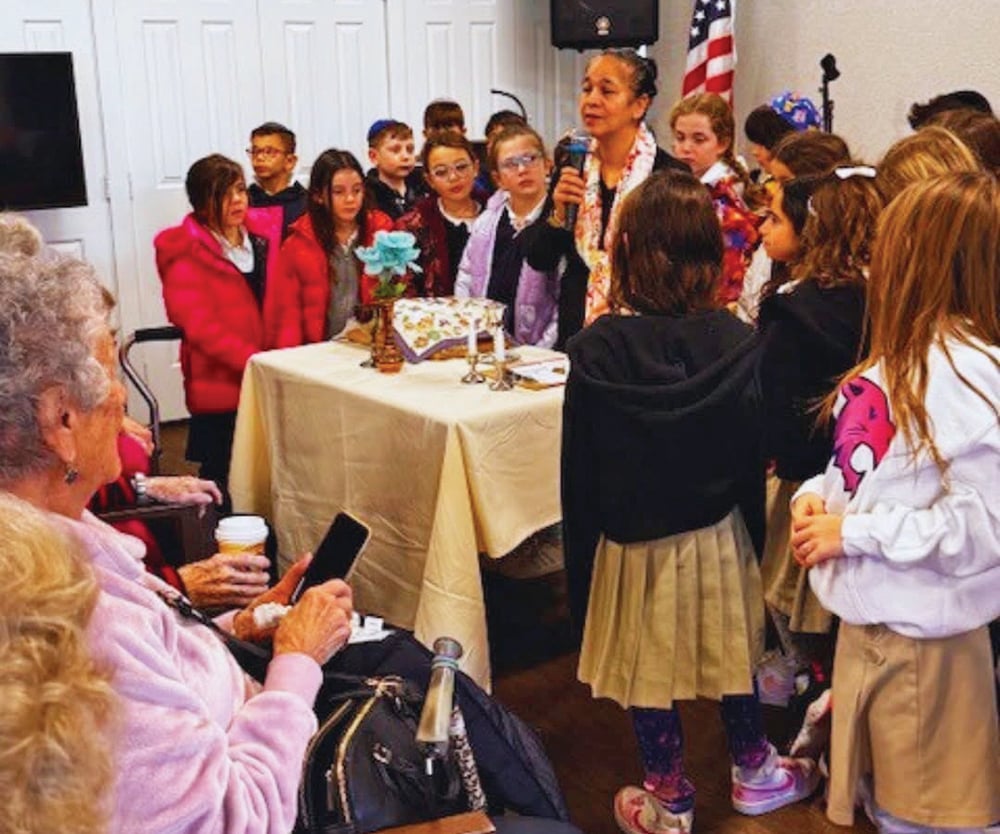
Rabbi Joe Oratz, 65, made aliyah last year along with his wife Debby. He told me that he always taught his students that aliyah should be everyone’s ultimate goal, even if it can’t be immediately fulfilled.
What organizations were you involved with in New Jersey?
I worked at Bruriah High School of the Jewish Educational Center for 38 years. Before that, I worked at Yeshiva University, in their department of educational outreach and educational services. I was also involved with Camp Simcha as head counselor for about seven years.
What was your early Zionist education?
I grew up in Boro Park of old, and my parents were members of the Young Israel. I went to Etz Chaim, which was a Zionistic school.
I will tell you a story that captures the Zionist education that I had. We shared a sukkah with our neighbors, and there was a huge Israeli flag decorating one of the walls. During the War of Independence, our neighbors had taken that flag and walked through the New York City subway system, holding it open and asking people for donations to support the new State of Israel. So, without having to say a single word, we were being taught that Israel is front and center in our lives.
My two sisters came on aliyah—one came 50 years ago, and the other about 45 years ago. I lagged behind, but for the first time in a half a century, the Oratz kids are all together again.
Tell me about your first trip to Israel.
The first time I was in Israel was the year that I came to learn at Kerem B’Yavneh. I fell in love with learning and with the idea of living here. My plan was to come back, and I did come back again a few years later to learn at Gruss Institute to finish my semicha.
Then I met Debby, and our plan was to get married and come back to Israel. Unfortunately, life had some other surprises for us that prevented us from being able to come, and by the time we could come, I was well established in Bruriah. My rabbinic advisors told me that I was needed in America, and it was not time to go to Israel. My message, in all my years of teaching, was that even if you cannot be in Israel, for whatever reason, you should want to be there. So, when I finally decided to follow my own advice and announced it in Bruriah, the kids in school applauded because they knew that this was something that I had been dreaming about for decades.
What was the final motivator for your aliyah?
Every year, I used to come and visit the graduates, and I would, of course, meet with the heads of the various seminaries in Israel. In one seminary, I had an ongoing conversation with them about starting a Beit Midrash program, and on my last trip, I told them I was ready. So, I am now running a Beit Midrash program at Tomer Devorah, where Rabbi Noam Fix and Rabbi Moshe Rosenstein are running a fantastic school.
Where are you living now?
In Jerusalem’s Talpiot neighborhood. It turns out that there are many retired rabbis and administrators living here as well, so I found my people. It is a beautiful mixed community of Israelis and Anglos.
What message do you have for people reading this interview?
For thousands of years, Am Yisrael just wanted to be in Israel, and some were able to, and some were not. If you can get here, this is where we belong, period. Full stop. And if you can’t get here for now—and there are certainly legitimate reasons why it would be difficult—just don’t get stuck. On the East Coast, at least, you lack for nothing from a Jewish perspective; everything is there right at your fingertips, so you could say it is easier just to stay in America, but that is not where we belong.
Even if you can’t come here, the question that we’re asked is—“Tzipita l’Yeshua?”—“Did you look forward to the redemption?” Was your attitude, “I guess so…if we have to go…?” Or, is the attitude that you wake up every day pining away to be in Israel as opposed to being in galut?
By Aviva Zacks


